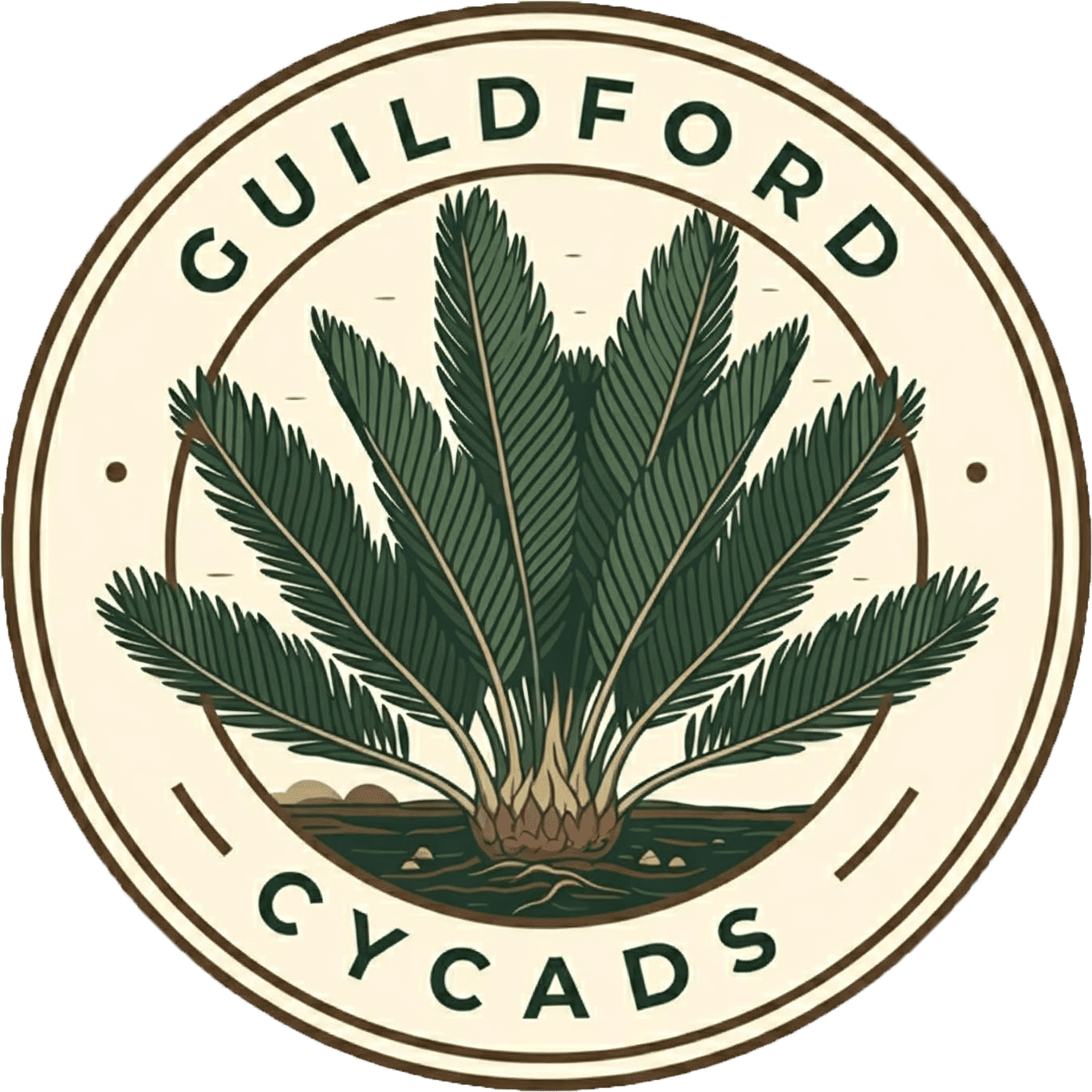Plants are incredibly diverse, and so are botanists! In its mission to spread fascinating stories about the plant world, Botany One also introduces you to the scientists behind these great stories.
Today, we have Prof. María del Pilar Marquez Cardona, a researcher from the Biology Department at Pontificia Universidad Javeriana (Colombia). She has extensive experience in improving the yield of agricultural crops, especially potatoes and Andean tubers, through biotechnological approaches and projects focused on the social appropriation of knowledge in rural communities. She holds a degree in Biology and a Master’s in Ecological Agriculture and leads research in plant genetic resources, sustainable management of productive systems, and the production of initial potato seeds. Her work has been the subject of several science outreach pieces, including videos and written articles. You can follow her work through her .

What made you become interested in plants?
During my childhood, I was very interested in understanding how organisms work, and I felt fascinated by genetics. Years later, during my time at university, I loved everything! Plants actually came into my life by chance—I joined a plant research group in my hometown, and that’s where I fell in love with them, especially those that provide us with food. Since then, my interest has been to learn about the plant genetic resources that are part of our agrobiodiversity and to bring rural communities closer to techniques that can make their productive systems more sustainable.
What motivated you to pursue your current area of research?
Early in my professional career, I had the privilege of being close to farmers and learning about the challenges they face every day. That made me realize that science can do a lot to help these people, especially small-scale farmers. Simple biotechnological tools can make a difference in productive systems. The people from rural areas inspire me every day.

What is your favourite part of your work related to plants?
I think I’m passionate about life in general—I still haven’t lost the ability to be amazed by all the discoveries science brings every day. I’ve been working with in vitro plant tissue culture for many years, and seeing how a complete plant can develop from just a few cells, fascinates me. Plants adapt to many situations and are a vital source of energy for us humans.
Working with plants has also allowed me to connect with the reality of rural communities and share experiences with people, which is truly important to me.

Are any specific plants or species that have intrigued or inspired your research? If so, what are they and why?
Throughout my career, my interests have been focused on native plant genetic resources, which are still little known. My greatest interest lies in Andean tubers such as potatoes, cubio (Tropaeolum tuberosum), ibia (Oxalis tuberosa), and ruba (Ullucus tuberosus). These tubers are part of our high-Andean culture, but unfortunately, they are now largely unknown and considered underutilized crops. Getting to know and revalue them is a task we still need to accomplish, as these crops could hold the answer to agricultural and food challenges.

Could you share an experience or anecdote from your work that has marked your career and reaffirmed your fascination with plants?
The daily experience of being a teacher and being able to share my knowledge with my students and seeing some of them become fascinated by the world of plants. Also, working with rural communities that constantly interact with plants in their environment—that exchange of knowledge with people!
What advice would you give young scientists considering a career in plant biology?
I believe that if you’ve chosen science, it’s because you’re passionate about it. Pursuing a career in the sciences isn’t easy, so the best advice is not to give up—be determined and consistent and never stop being amazed and fascinated by life.
What do people usually get wrong about plants?
I think most people don’t even notice plants and see them as immobile beings that depend on us, but it’s actually the opposite—we depend on them to survive on this planet. They are amazing beings that communicate with each other, respond to stimuli, and do so many other things that we probably don’t even know about yet.

Carlos A. Ordóñez-Parra
Carlos (he/him) is a Colombian seed ecologist currently doing his PhD at Universidade Federal de Minas Gerais (Belo Horizonte, Brazil) and working as a Science Editor at Botany One and a Communications Officer at the International Society for Seed Science. You can follow him on Bluesky at @caordonezparra.
The post Pilar Márquez-Cardona: Growing Knowledge, Cultivating Communities appeared first on Botany One.
